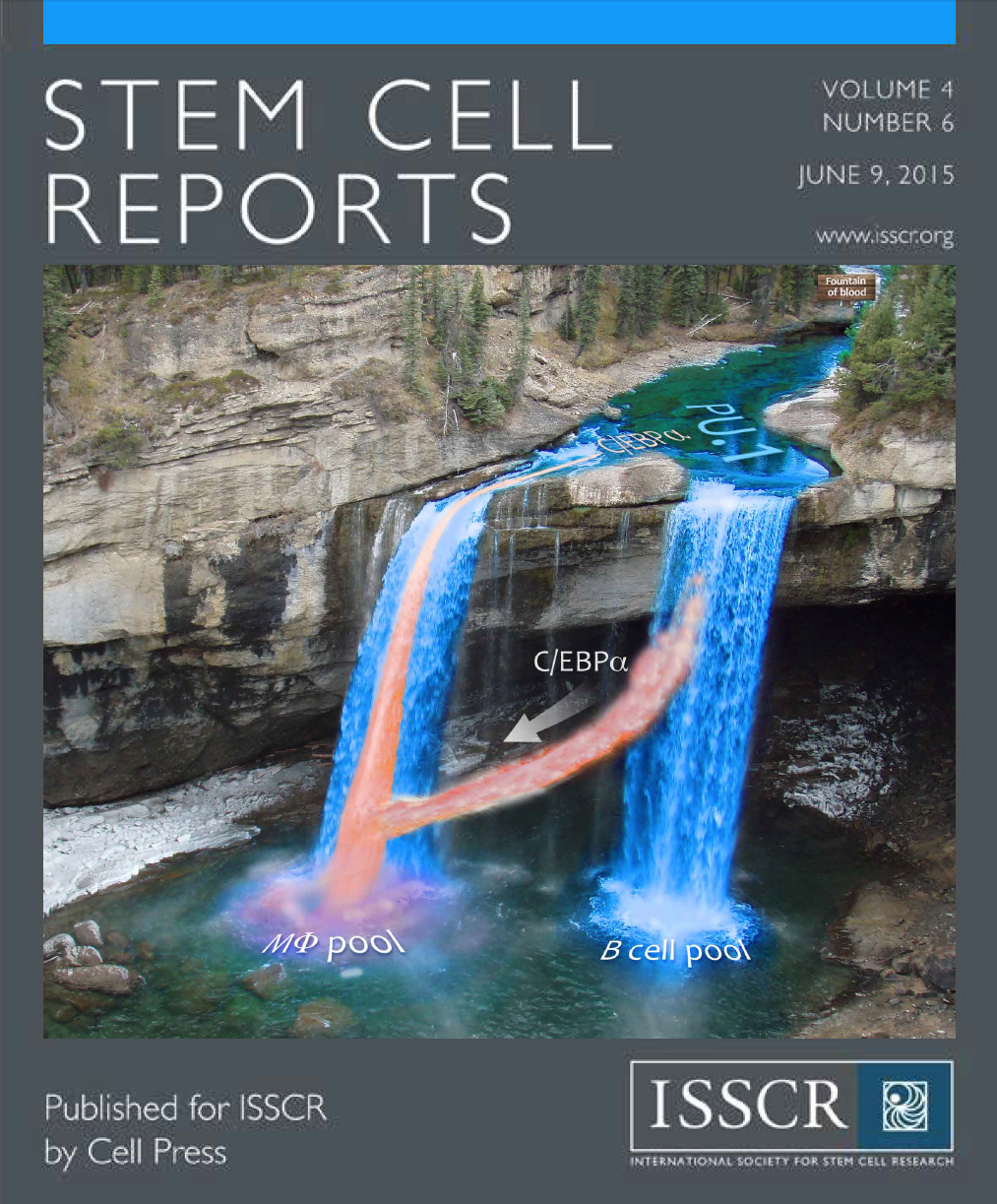Summary
Our laboratory is mainly interested in mechanisms of mammalian cell fate decisions. The approach we use is to over-express transcription factors in B cells to induce cell fate conversions. In particular, using the C/EBPa-induced transdifferentiation of B cells into macrophages model system, we investigated how C/EBP a-induces the activation of macrophage program. A second system that we have developed more recently consists in the rapid and efficient reprogramming of B cells into induced pluripotent stem (iPS) cells following a pulse of C/EBP subsequent. Studying this process with a plethora of molecular technologies revealed that the C/EBPa pulse creates an ‘elite’ type cell by upregulating Klf4 and several important chromatin related factors. Finally, we have studied the epigenetic memory of iPS cells derived from different types of somatic cells.
Research projects
- What are the role of epigenetic changes occurring during C/EBPa-induced transdifferentiation of pre-B cells into macrophages ?
- How does C/EBPa induce the accessibility of B cell chromatin to pluripotency inducing transcription factors?
- How does the 3D genome structure change during reprogramming and transdifferentiation, and are they a cause or a consequence of altered gene expression?
- Can then epigenetic memory of iPS cells explained by DNA topology?
- What is the function of the RNA binding protein Musashi 2 in establishing and maintaining the self-renewal and differentiatioin of hematopoietic stem cells?
